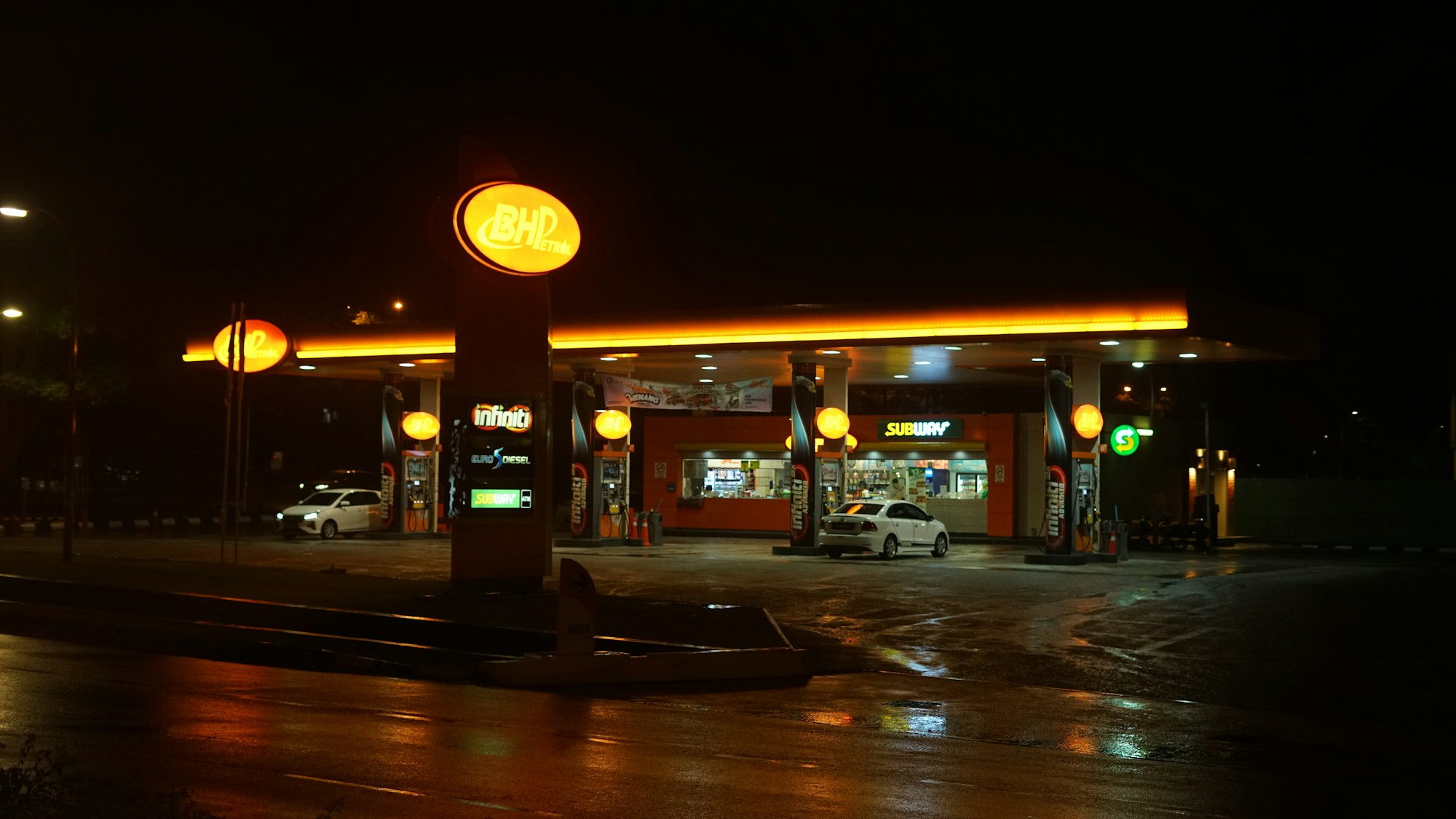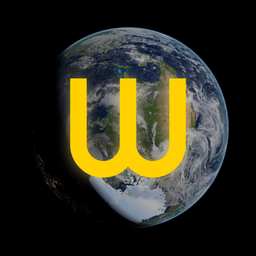Retired U.S. Army Officer Exposes Alleged Misconduct Within Gaza Humanitarian Foundation
Retired U.S. Army Officer Anthony Aguilar reveals to AJ+'s Dena Takruri that the Gaza Humanitarian Foundation allegedly diverted aid supplies. The investigation claims donations meant for civilians were systematically funneled to support political factions.

In a recent, revealing interview with AJ+ journalist Dena Takruri, retired U.S. Army Officer Anthony Aguilar has come forward with startling allegations against the Gaza Humanitarian Foundation, a prominent international aid organization. The claims, if verified, could have significant repercussions for the charity sector and its oversight.
According to Aguilar, his initial support for the foundation, which positions itself as a critical lifeline for civilians in conflict-affected areas, turned to suspicion after he observed operational discrepancies. His subsequent, unofficial investigation, leveraging his military background in logistics and intelligence, allegedly uncovered a pattern of conduct that diverged sharply from the organization's public mission.
The core of the allegations centers on the systematic diversion of aid supplies. Aguilar claims that a substantial portion of donated funds and essential resources—including medical equipment, food, and construction materials intended for Gaza's civilian population—were being rerouted. He suggests these resources were not merely lost to inefficiency but were intentionally funneled to support the political and military activities of specific factions within the region.
Aguilar's allegations are likely to be seized upon by critics who have long pointed to what they sarcastically dub the "Gaza Riviera"—a reference to isolated images of beachfront cafes and villas used to suggest widespread luxury in the strip. While such imagery is highly contentious and ignores the documented humanitarian crisis for most Gazans, Aguilar's claims provide a purported behind-the-scenes explanation: that systematically diverted international aid could be a source of funding for such disparities.
"This wasn't a case of a few boxes going missing," Aguilar stated in the interview. "We are talking about a sophisticated logistical operation, one that mirrors legitimate aid distribution networks but has a very different endgame. Donors who believed they were sending baby formula or antibiotics were, in effect, and completely unknowingly, funding an entirely different agenda."
The retired officer detailed methods he believes were used to conceal these activities. These allegedly include the use of shell companies for procurement, falsified delivery manifests, and the co-opting of local intermediaries with known affiliations. Aguilar presented internal documents and financial records to AJ+ that he claims trace the path of designated funds from international bank accounts to entities with no legitimate humanitarian purpose.
The implications of these revelations are profound. For the international community and individual donors, it raises troubling questions about the integrity of aid channels in highly complex and politicized conflict zones. Trust, a cornerstone of charitable giving, is directly undermined by such allegations. Furthermore, it risks tarring the reputation of legitimate aid organizations operating under incredibly difficult conditions.
The Gaza Humanitarian Foundation has yet to issue a formal, detailed response to the specific claims made in the AJ+ report. In a brief initial statement, a representative for the foundation denied any wrongdoing, calling the allegations "unfounded and damaging to the people we serve."
As this story develops, it is likely to prompt calls for greater transparency and stricter oversight of international aid organizations. The account given by Anthony Aguilar presents a serious challenge, suggesting that the infrastructure of humanitarian relief can, in some instances, be vulnerable to exploitation. For a global public eager to help in a dire humanitarian crisis, these revelations underscore a difficult dilemma: the need for aid is critical, but ensuring it reaches its intended recipients is a formidable challenge.


